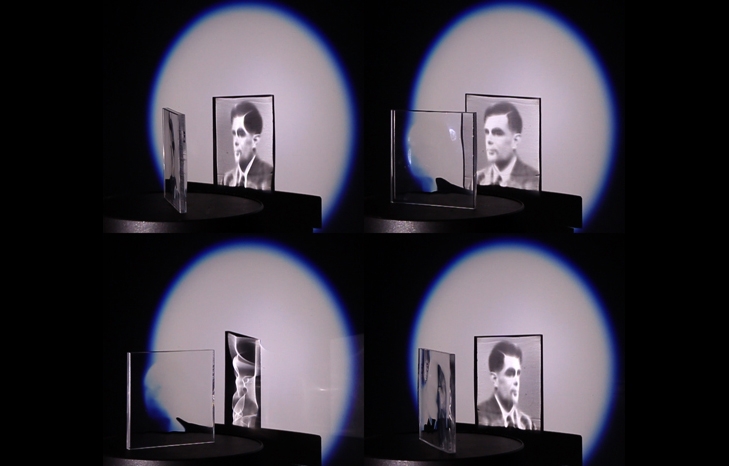
Overview
With manufacturing going digital (e.g. 3D printers), there is an increasing need for computational algorithms. In this seminar, we will explore together the emerging and exciting field of computational fabrication: creating novel manufacturing solutions and products with the help of computational thinking and methods. Your main task in this seminar is to develop a Wikipedia page for a topic related to computational fabrication. We identify together the topics which are not well-represented, or occasionally mis-represented. You will develop a new topic from scratch, or improve an existing one. You will work in a group of two and keep the class informed about your progress.
This year, between November 19th and 22nd we will give a one-day visit to FormNext, the biggest 3D printing industrial show in Europe which will be held in Frankfurt (the travel costs are covered).
Some examples projects in the field include- Guide caustics (random shadow and highlights you see in the bottom of a swimming pool) to form arbitrary images (see the picture above), by carefully milling the surface of a transparent object.
- Program your 3D print to have a desired deformation and quantify the perceived force when pressing on it.
- Make your 3D printed ballerina model stand on one leg without falling, or even spin on it!
- Control the appearance of your 3D printed model, including its color, shininess or translucency.
- Convert your mesh to machine instructions and knit a jacket for your pet with now readily available desktop knitting machines.
- Different representations of objects in their pre-fabrication stage.
- Methods of creation of these objects and how the hardware works.
- Modeling the interaction of fabricated objects with the world surrounding them, such as light, sound and force.
- How humans, as the main arbiters, perceive the fabricated properties.
Time and Location
Fridays 10am-12pm in Room 0.08 of MMCI (E1 7). Kick off session on Friday October 18, 10am-12pm.
Audience
The seminar is addressed to students in computer science and other related fields who are interested in computational aspects of fabrication. A basic knowledge in visual computing is recommended, but not required.
Grading Criteria
- 75% The quality of your Wikipedia contribution.
- 25% Keeping class informed about your topic through in-class presentations and active participation.
Registration
Please pre-register for this seminar by sending an email to vbabaei at mpi-inf.mpg.de. The email should include the following information:
- Full Name
- Matriculation Number
- Current semester
- Motivation to participate in this seminar